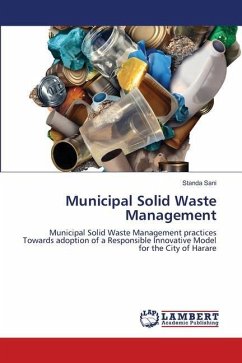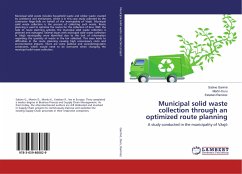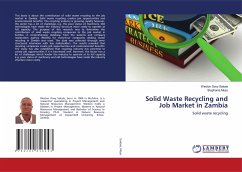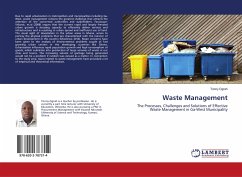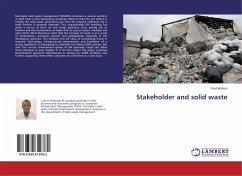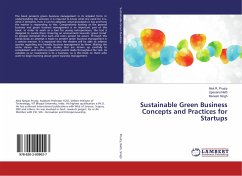This study took a historical retrospective approach to Solid Waste Management (SWM) focusing on how it started, how it became a growing concern with ripple effects to society and ultimately, how the City of Harare (COH) can adopt a sustainable and responsible innovative solid waste management practice. A pragmatism philosophy was adopted by making use of mixed method approach. 130 Google online forms and 6 key informant interviews were used to collect data from the respondents. Stratified purposive sampling was used to select the respondents in the 46 wards of Harare. Data was analysed quantitatively using descriptive and inferential statistics generated from the Google online forms, and qualitatively through thematic content analysis. The study found out that the COH's failure to effectively manage solid waste is due to the lack of resources and a lack of sustainable and innovative ways of SWM. Chi-Square test for the two variables was 0.61 and it is greater than 0.05. This shows that there is no association between the types of waste managed or collected and the strategies that the City of Harare uses to improve solid waste management.
Bitte wählen Sie Ihr Anliegen aus.
Rechnungen
Retourenschein anfordern
Bestellstatus
Storno

